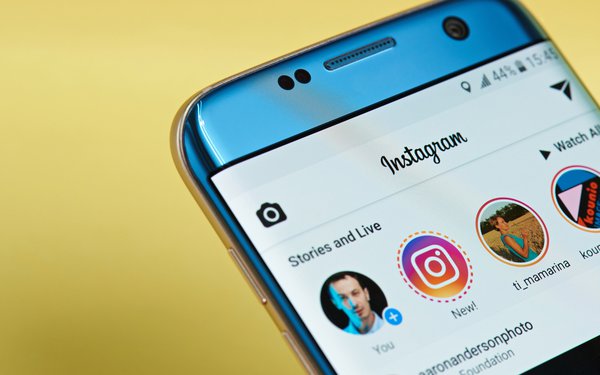
Handing Mashable a victory, a federal judge in New York has
dismissed a photojournalist's lawsuit accusing the website of infringing copyright by embedding a photo from her public Instagram account.
In a ruling issued this week, U.S. District Court
Judge Kimba Wood said photographer Stephanie Sinclair effectively gave publishers the right to embed the photo by publicly posting it to the social media platform.
“Plaintiff granted
Instagram the right to sublicense the Photograph, and Instagram validly exercised that right by granting Mashable a sublicense to display the Photograph,” Wood wrote.
The decision stems
from a copyright infringement lawsuit brought in 2018 by Sinclair, a Pulitzer-prize winning photojournalist, against Mashable parent company Ziff Davis.
She alleged that Mashable embedded an
Instagram photo from her account, without her consent, in a March 2016 piece about female photographers. Mashable allegedly did so after Sinclair turned down the company's offer to license the photo
for $50.
advertisement
advertisement
Wood noted in her ruling that Instagram's terms of use specifically provide that uploaders grant Instagram “a non-exclusive, fully paid and royalty-free, transferable,
sub-licensable, worldwide license” to the material they post.
“Because plaintiff uploaded the photograph to Instagram and designated it as 'public,' she agreed to allow Mashable,
as Instagram’s sublicensee, to embed the photograph in its website,” she wrote.
Sinclair isn't the only one to sue online publishers for allegedly using photos posted to social
media accounts. In a previous high-profile battle, photographer Daniel Morel sued Agence France Presse and other companies for allegedly infringing copyright by using photos he had posted to
Twitter.
Agence France Presse countered that was allowed to use photos on Twitter pursuant to the microblogging site's terms of service.
In 2013, U.S. District Court Judge Alison
Nathan in New York sided with the photographer in that matter,
writing that Twitter's terms of service didn't support the wire service's argument. At the time, Twitter's terms provided that users who submit content granted the service "a worldwide non-exclusive,
royalty-free license" to distribute that material, but also said users still owned their content, and that the purpose of the license was to authorize Twitter to "make your tweets available to the
rest of the world and to let others do the same."